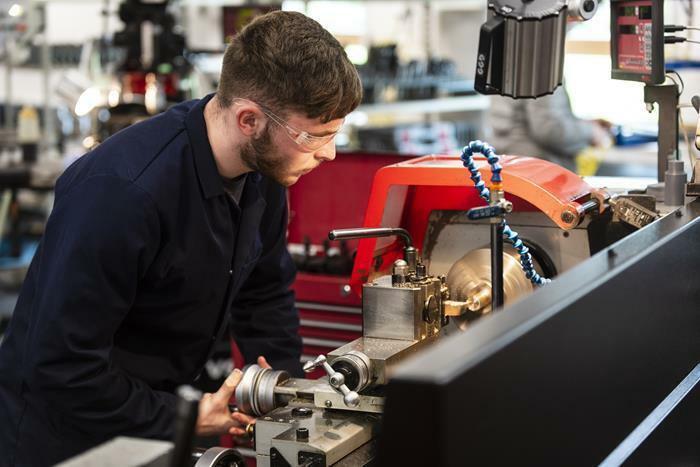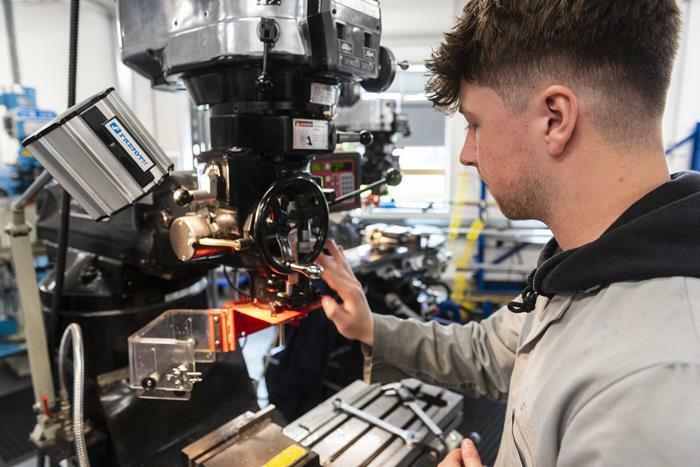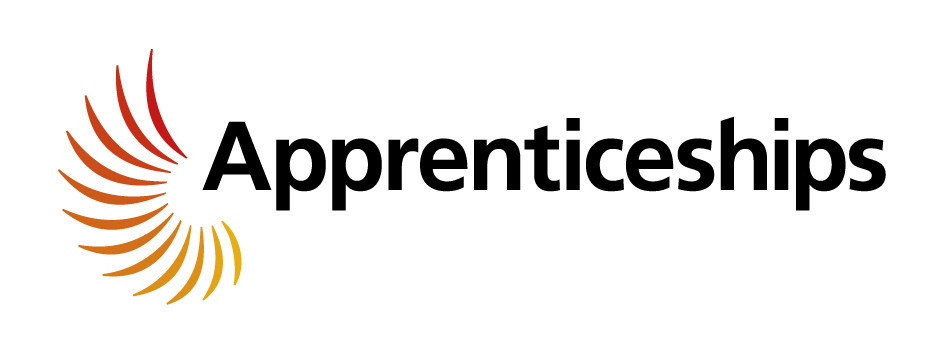Course Overview
The T Level in Engineering and Manufacturing is a 2-year programme developed in collaboration with employers and businesses so that the content meets the needs of industry and prepares you for work. The programme is the equivalent of 3 A-Levels and mixes classroom learning and ‘on-the-job’ experience in an industrial placement for a minimum of 45 days.
What will I learn?
The course is split into 3 components, consisting of:
1. Technical qualification:
- Core: Engineering Common Core
- Occupational specialism
2. Industry placement
3. Maths, English, and digital skills.
The Engineering and Manufacturing route consists of 3 pathways with each pathway having its offered specialisms as below:
· Pathway 1: Design and Development
(offered at our Chippenham campus)
This pathway is dedicated for learners that are interested in design engineering and conceptual development within the mechanical specialism. This pathway focuses on engineering materials, material testing, design principles, use of computer aided design (CAD), conducting simulations, and 3D printing. This supports learners to understand the principles behind engineering design and why products are manufactured to meet certain specifications.
· Pathway 2: Maintenance, Installation, and Repair
(offered at our Chippenham, Salisbury and Trowbridge campuses)
This pathway is designed for learners that are interested in maintaining engineering devices, installing and repairing faulty parts on machinery to ensure safe operation. This pathway demonstrates appropriate maintenance techniques adapted within particular specialisms listed below.
- Mechanical such as pumps, pillar drills, and other mechanical machinery.
- Electrical such as electrical wiring, fault finding, etc..
- Mechatronics which is a combination of mechanical and electrical devices such as traffic light systems using a programmable logic controller (PLC).
- Vehicles maintenance, and procedures followed and required to safely repair and install parts on the vehicle.
· Pathway 3: Manufacturing, Process, and Control
(offered at our Salisbury and Chippenham campuses)
This pathway is aimed towards the specialism of machining and tool making. This allows learners to manufacture engineering components to specific tolerances within the machining workshop. The team of experts machinists support learners to work to high engineering tolerances along with performing other manufacturing procedures to create the required features that are specified within an engineering drawing produced by design engineers.
*Please reference the table in the photo gallery above to see which pathways and specialisms we offered at each campus.
Study, Assessment and Qualifications
The programme consists of a technical qualification including core content and occupational specialisms, alongside an industry placement within the pathway specialism. The core content focuses on knowledge and understanding of engineering contexts, concepts, theories, principles, and core skills relevant to the engineering industry.
You will cover the following units within your first year:
Unit 1: Working within the engineering and manufacturing sectors
Unit 2: Engineering and manufacturing past, present, and future
Unit 3: Engineering representations
Unit 4: Essential mathematics for engineering and manufacturing
Unit 5: Essential science for engineering and manufacturing
Unit 6: Materials and their properties
Unit 7: Mechanical principles
Unit 8: Electrical and electronic principles
Unit 9: Mechatronics
Unit 10: Engineering and manufacturing control systems
Unit 11: Quality management
Unit 12: Health and safety principles and coverage
Unit 13: Business, commercial and financial awareness
Unit 14: Professional responsibilities, attitudes, and behaviours
Unit 15: Stock and asset management
Unit 16: Continuous improvement
Unit 17: Project and programme management
These units will support your theoretical knowledge behind engineering to understand the duties and compliances required by engineers. The industry experience will allow you to reflect upon the importance of theoretical knowledge delivered within your first year and gain further skills within your specialist area. This will allow you to network with potential employers, provide you with work experience of at least 45 days, prepare your CV, preparation for interviews, increasing confidence, and potentially secure you a job once completed with T-level. Further on your this programme you will be undertaking specialist units that are relevant to your specialism. This will be assessed throughout the year by multiple assignments to allow you to demonstrate competence with your specialism.
The City and Guild T Level in Engineering and Manufactured is assessed through two externally set and marked examinations and a substantial practical employer-set project. The occupational specialism is assessed through practical assessments which are relevant to the specialism.
Entry Requirements
A minimum of 5 GCSEs at Grade 5/B or above including Maths, English and Science (or equivalents).
A satisfactory interview.
A good reference.
T Level programmes follow GCSEs and are a qualification for students aged 16-18 at the start of the course. Our T Levels are not available to adults at this time.
Additional Costs and Information
You may be expected to:
- Purchase PPE safety equipment such as workshop overalls, and steel toe-capped boots to access the engineering workshop facilities.
- Join in course trips to other organisations and exhibitions as required, and this may involve some costs towards travel and entry fees.








